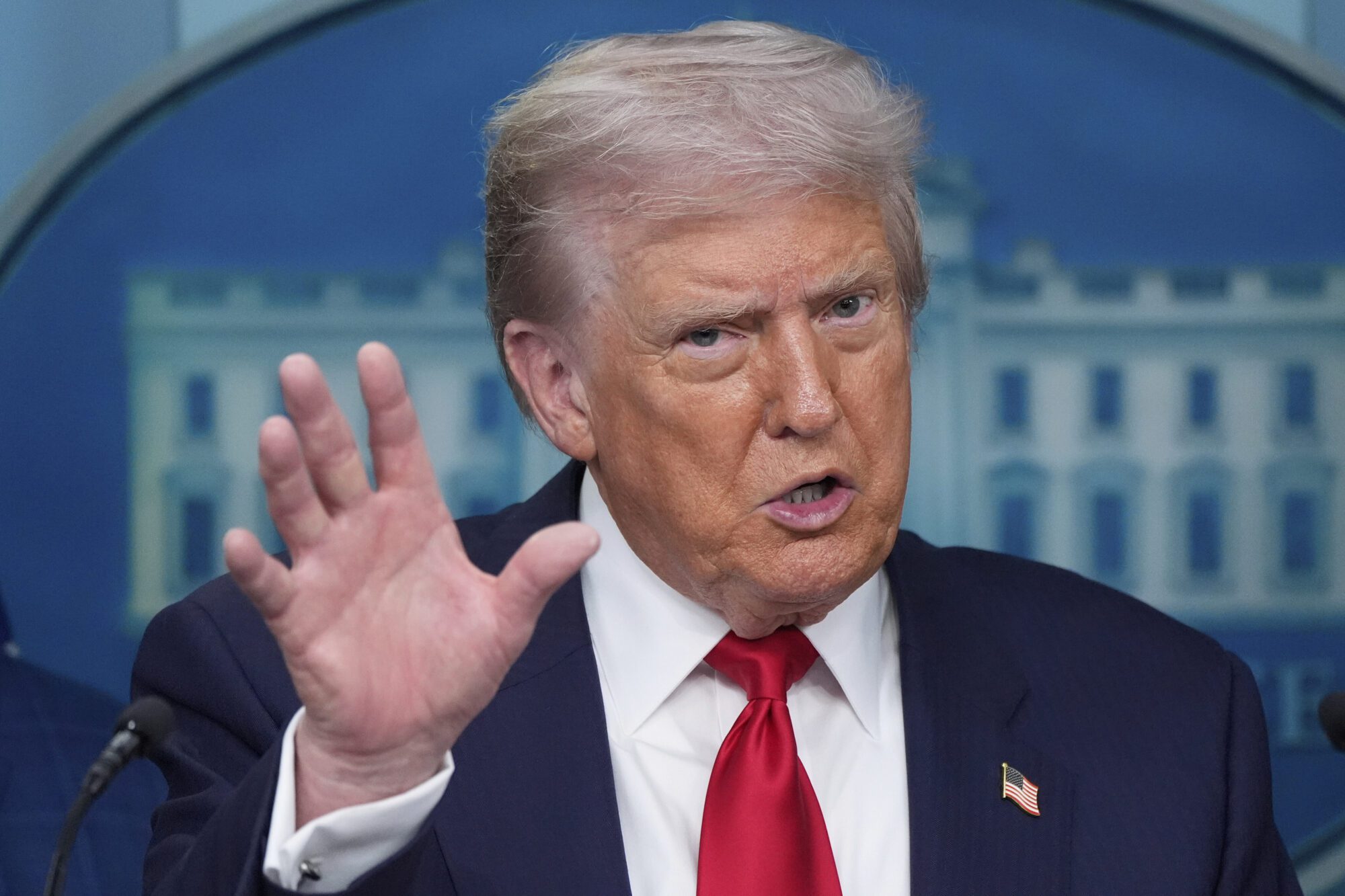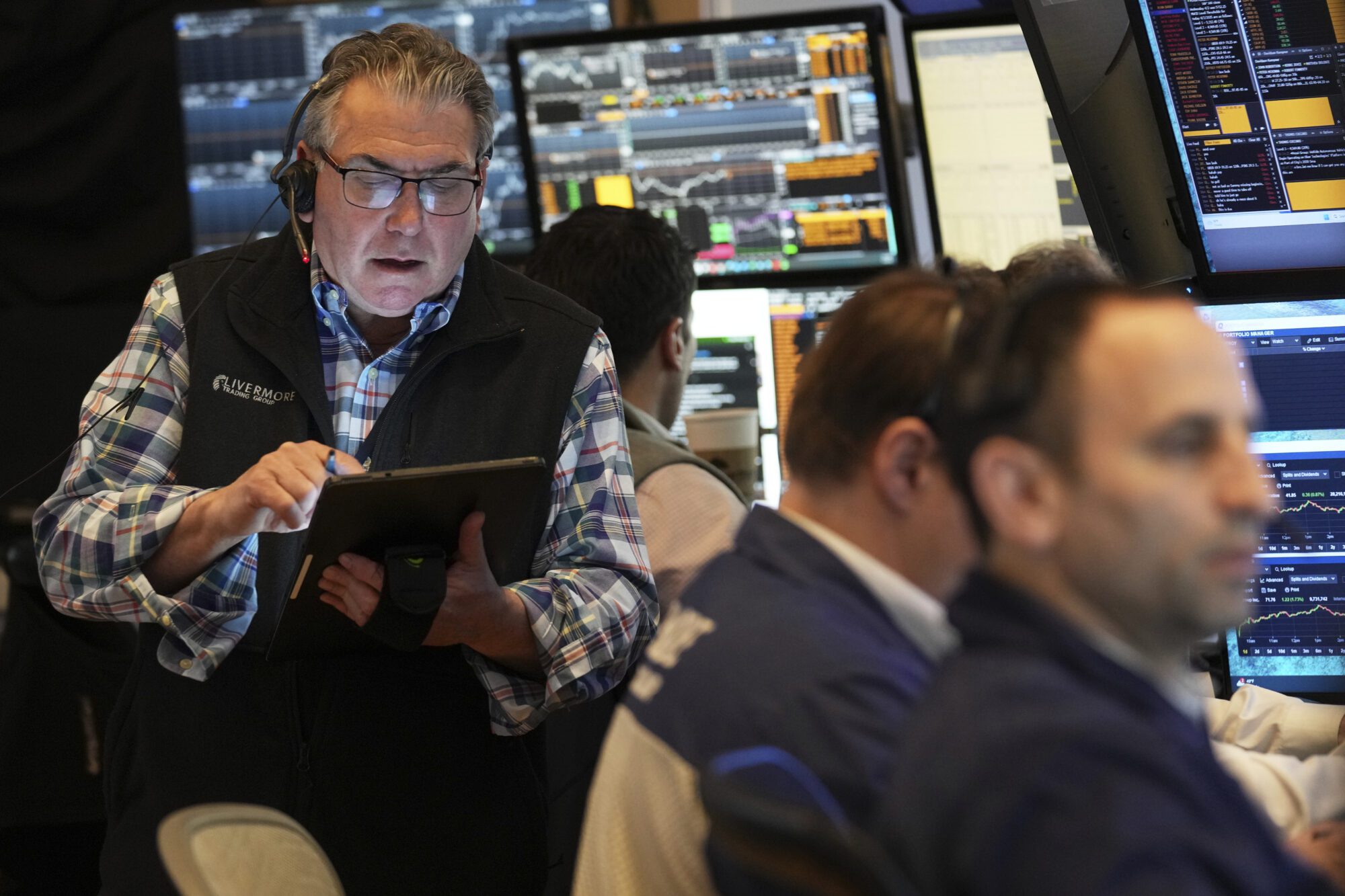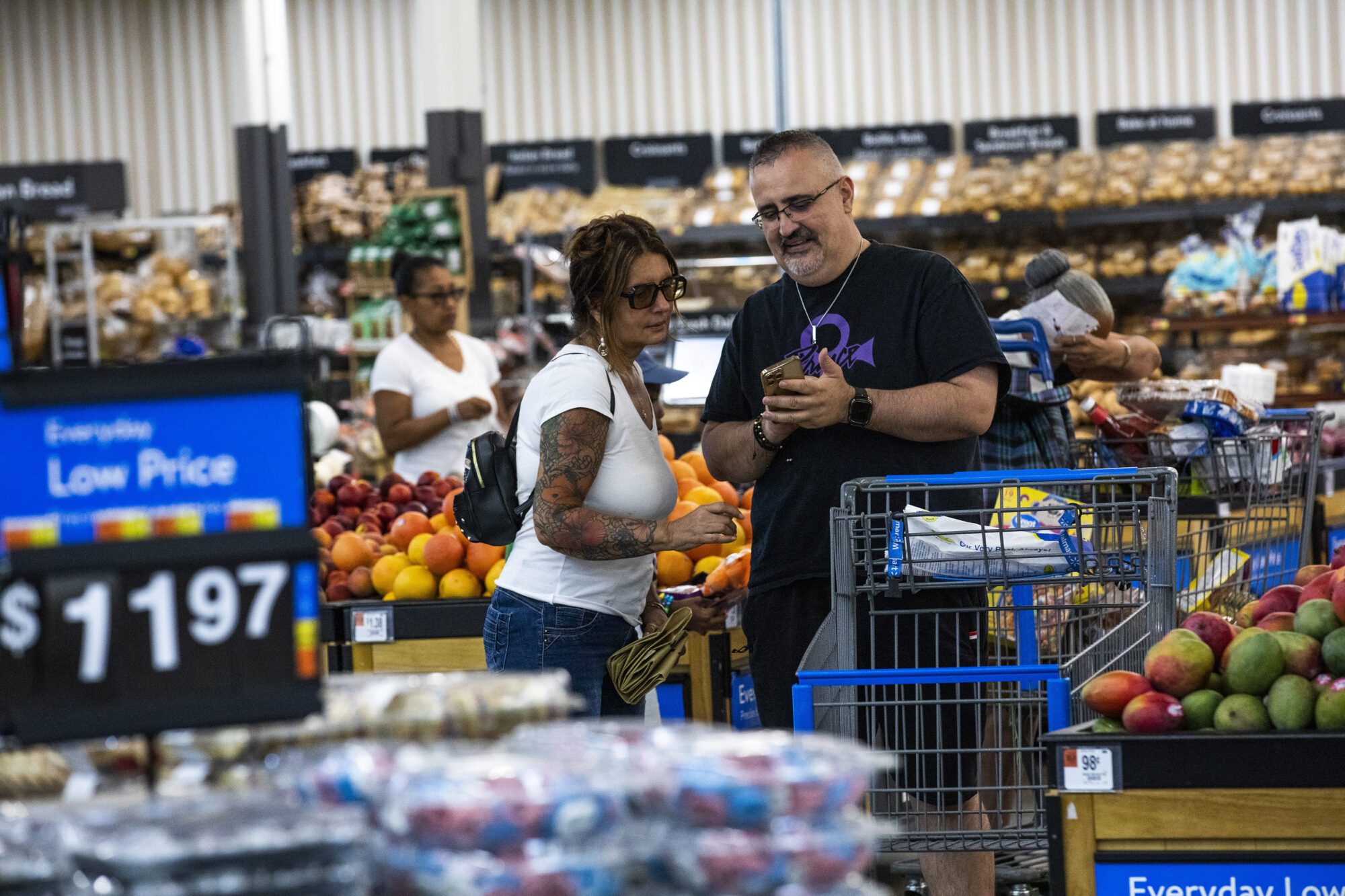
Ag Commissioner Andy Gipson - October 2022 (photo from Gipson's Facebook page.)
- Commissioner Andy Gipson says inflation, interest rates and higher cost of supplies are costing farmers more.
Mississippi’s Commissioner of Agriculture and Commerce, Andy Gipson, said Monday that President Donald Trump’s tariffs will benefit the state’s farmers by negotiating treaties advantageous to the U.S. farming sector.
“We were literally the world’s breadbasket,” he said during a speech at the Stennis Institute Luncheon in Jackson. “But in 2024, we had a $30 billion trade deficit in food.”
Mississippi will benefit from the trade talks and eventual agreements, Gipson said, especially one of the state’s leading crops, soybeans.
Gipson told the gathering of Capitol press that soybean prices likely will not return to pre-COVID levels but should rise higher than their current future price of $10.61 a bushel at 2:15 p.m. Monday, up slightly from $10.44 Friday on news of a tentative trade agreement between the U.S. and China.
Commissioner Gipson said former trade deals weakened the prices, but under the Trump administration, that should change.
“This trade imbalance needs to be balanced again,” he said.
Mississippians farm an estimated 2.13 million acres, producing 119,280,000 bushels, or an average of 56 bushels per acre.
The 2023 total production value for soybeans in Mississippi is estimated at nearly $1.6 billion, according to the USDA National Agriculture Statistics Service.
Yet, bad trade agreements are just part of the problem soybean farmers are facing, Gipson said. Inflation, interest rates and higher cost of supplies are costing farmers more, and some soybean farmers are underwater as a result.
“Tariffs are not an end; it’s a means to the end,” he said, before noting farmers should explore expanding their markets into agritourism or other avenues.
During his 30-minute speech, Commissioner Gipson also said the Mississippi Legislature should look at regulating solar energy.
“We have 82 counties with 82 different sets of rules. It is currently the Board of Supervisors who set the rules,” he said.
Once China was the leading threat to farmland, but now its solar farms, one person in attendance said, to which Gipson agreed, saying solar farm growth in the state was a “concern” of his.
“Enough is enough,” the Ag Commissioner added, noting that legislation should address the size of solar farms and where they can be developed.
Finally, Gipson highlighted the department’s GenuineMS campaign aimed at celebrating Mississippi’s food and farming. The initiative’s website, genuinems.com, highlights items grown, raised, or made in the Magnolia State.
He encouraged the public to seek real Mississippi products.
“You know the seafood, beef, or pork was raised right here at home. You know those crafted goods were created by local artisans and craftsmen. And you can be sure that the products proudly made in Mississippi play a big part in helping our state economy to grow, prosper, and flourish,” the initiative’s website states.
Whether it is farm-raised catfish or Mississippi Gulf shrimp or crawfish, Gipson said it is the real thing.











